Nestled in the heart of the South Caucasus, Tbilisi, the capital of Georgia, stands as a testament to the passage of time. With a history spanning millennia, this ancient city has witnessed the rise and fall of empires, undergone cultural transformations, and emerged as a vibrant and modern metropolis.
Unveiling the Ancient Origins
Inception: Tbilisi’s history can be traced back to the 5th century AD when it was founded by King Vakhtang I Gorgasali.
Name Origins: The name “Tbilisi” is believed to derive from the Georgian word “tbili,” meaning “warm,” due to the city’s natural sulfur hot springs.
Historical Landmarks
The Narikala Fortress: Perched on a hill overlooking the city, this ancient fortress dates back to the 4th century and provides panoramic views of Tbilisi.
The Metekhi Church: Situated on a cliff above the Kura River, this church dates back to the 13th century and offers a glimpse into Georgia’s spiritual heritage.
Tbilisi’s Multicultural Heritage
Persian Influence: Tbilisi was a significant part of the Persian Empire for centuries, influencing its architecture and culture.
Russian Imperial Era: In the 19th century, Tbilisi became a key hub of the Russian Empire, resulting in the construction of many neoclassical buildings.
The Soviet Era

Communist Legacy: Tbilisi played a pivotal role in the Soviet Union and still bears traces of its Soviet past.
Art and Culture: Despite political challenges, Tbilisi’s artistic and cultural scene thrived during this period.
Independence and Modernity
Post-Soviet Transition: Georgia regained independence in 1991, ushering in an era of transformation and modernization.
Architectural Renaissance: Tbilisi’s architecture reflects a blend of historic and contemporary influences, creating a unique cityscape.
Sulfur Baths and the Old Town
Sulfur Bathhouses: Explore the famous sulfur baths in the Abanotubani district, where you can enjoy a traditional bath and massage.
Old Town Charm: Stroll through the narrow cobblestone streets of Tbilisi’s Old Town and discover its historic architecture, charming cafes, and boutiques.
Culinary Delights
Georgian Cuisine: Savor the flavors of traditional Georgian dishes, including khachapuri (cheese-filled bread) and khinkali (dumplings).
Wine Culture: Georgia is one of the oldest wine-producing regions globally, and Tbilisi offers the perfect opportunity to sample local wines.
Tbilisi’s Cultural Renaissance
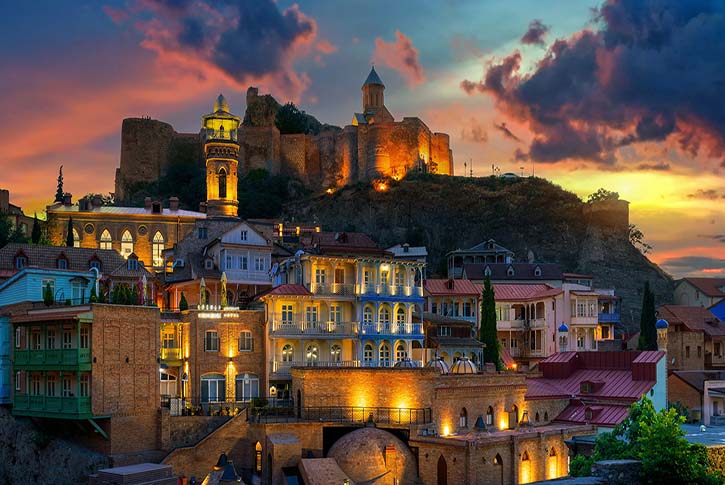
Art Galleries: Explore Tbilisi’s thriving art scene by visiting contemporary art galleries and studios.
Theater and Music: Experience the city’s vibrant theater performances and live music venues showcasing traditional and modern Georgian music.
Preservation Efforts
UNESCO Recognition: Tbilisi’s historical architecture and urban fabric have earned it a place on the UNESCO World Heritage List.
Preservation Initiatives: Various organizations and individuals are working to protect and restore Tbilisi’s historic buildings and cultural heritage.
Tbilisi, one of the world’s oldest cities, is a living testament to the passage of time and the resilience of culture and heritage. From its ancient origins to its modern-day vibrancy, this city offers a captivating journey through history and tradition. As you explore its historic landmarks, sample its exquisite cuisine, and immerse yourself in its rich culture, you’ll discover the timeless charm that makes Tbilisi a unique destination.
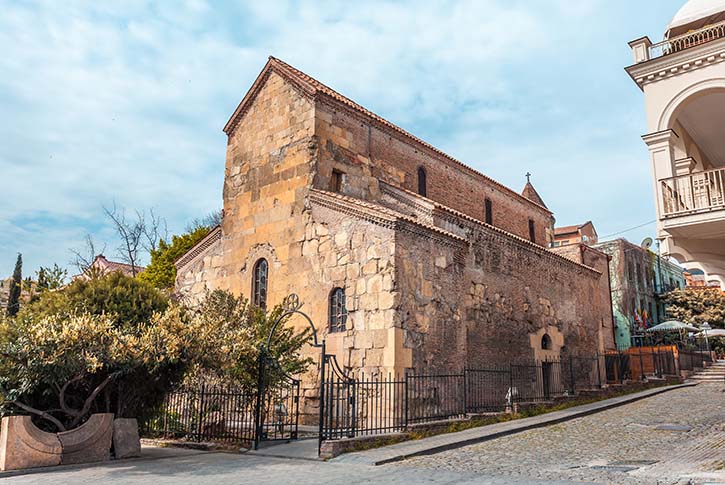

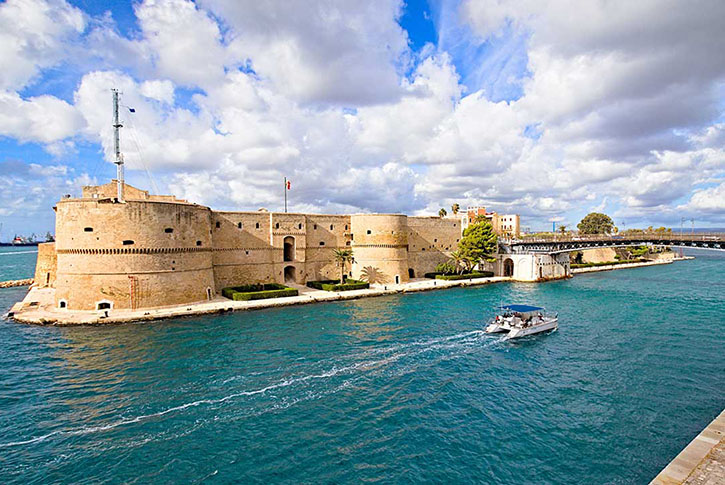



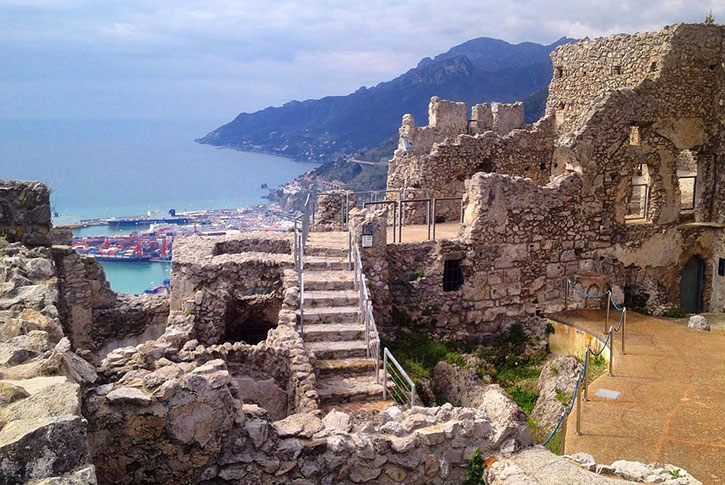
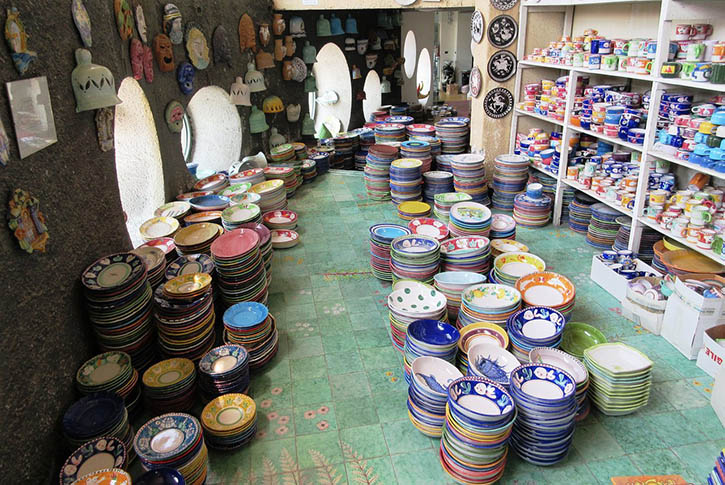

+ There are no comments
Add yours